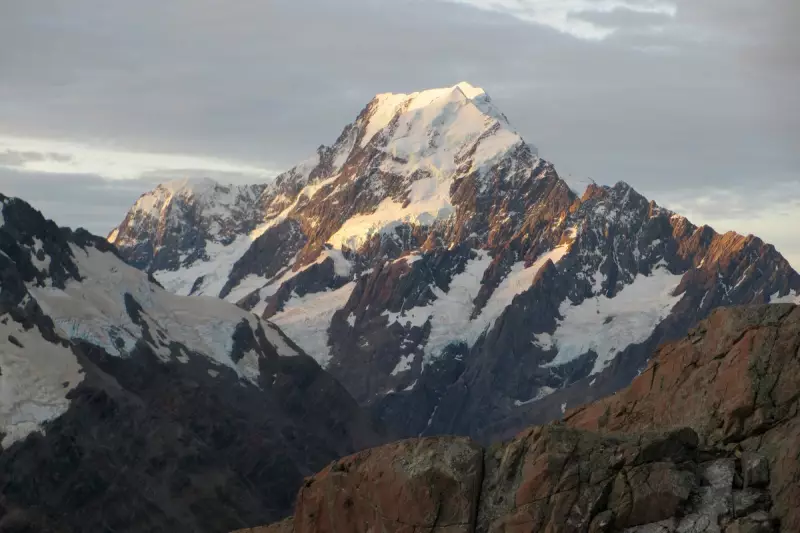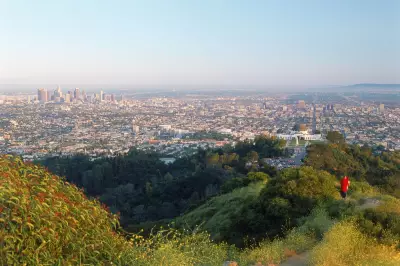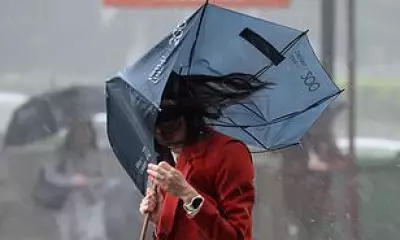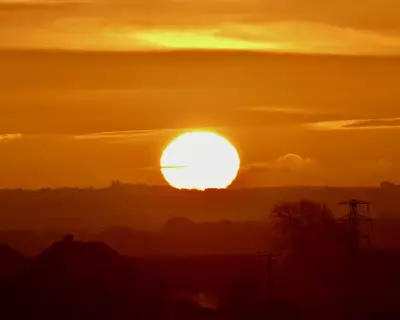
Tragedy on Aoraki: Two Climbers Perish on New Zealand's Highest Peak
Two climbers have lost their lives while attempting to scale Aoraki, also known as Mount Cook, New Zealand's tallest mountain. The incident occurred late on Monday, prompting a major rescue operation involving specialist teams and helicopters.
Police confirmed that a party of four mountaineers encountered severe difficulties high on the 3,724-metre peak in the Southern Alps. Among the deceased was an internationally certified mountain guide and his client.
Challenging Rescue Operation in Steep Terrain
Authorities launched a complex rescue mission after being alerted to the climbers' predicament. Police Area Commander Vicki Walker detailed the response, noting that a helicopter from Queenstown collected the Wanaka Alpine Cliff Rescue Team, while another aircraft from Dunedin proceeded directly to the mountain to begin searching.
The operation saw two climbers successfully located and airlifted to safety unharmed at approximately 2:15 am. However, the remaining pair were found dead in the steep alpine terrain early Tuesday morning.
Ms Walker emphasised that specialist teams faced significant challenges recovering the bodies from the difficult mountain environment. The victims had been roped together when they fell near the summit.
A Dangerous Peak with Deadly History
Aoraki/Mount Cook has long attracted experienced mountaineers despite its notorious dangers. The mountain's steep, glaciated terrain presents constant threats from unpredictable weather, hidden crevasses, avalanches, and shifting ice formations.
Tragically, this incident adds to the mountain's grim statistics. The surrounding national park has witnessed over 240 deaths since the early 1900s. Many victims, including two Americans and a Canadian who perished last December, have never been recovered from the mountain.
Ideal Conditions Mask Inherent Dangers
In a sobering contrast to the tragedy, Mike Daisley, chief of the Mountain Safety Council, noted that recent fine weather had drawn numerous mountaineers to the high alpine areas. Multiple guided and recreational teams had successfully summited Aoraki during the past week.
"Current conditions on the mountain are considered ideal for mountaineering," Mr Daisley observed, "with firm overnight snow conditions and well-filled glaciers following early spring snowstorms."
The climbing community has been deeply affected by the loss. Anna Keeling, president of the New Zealand Mountain Guides Association, confirmed the deceased guide was a well-respected member of their community, describing them as "an integral part of our guiding community."
Police are now working to contact the next of kin of both victims before releasing further identification details.






